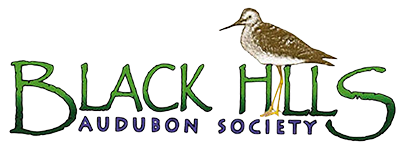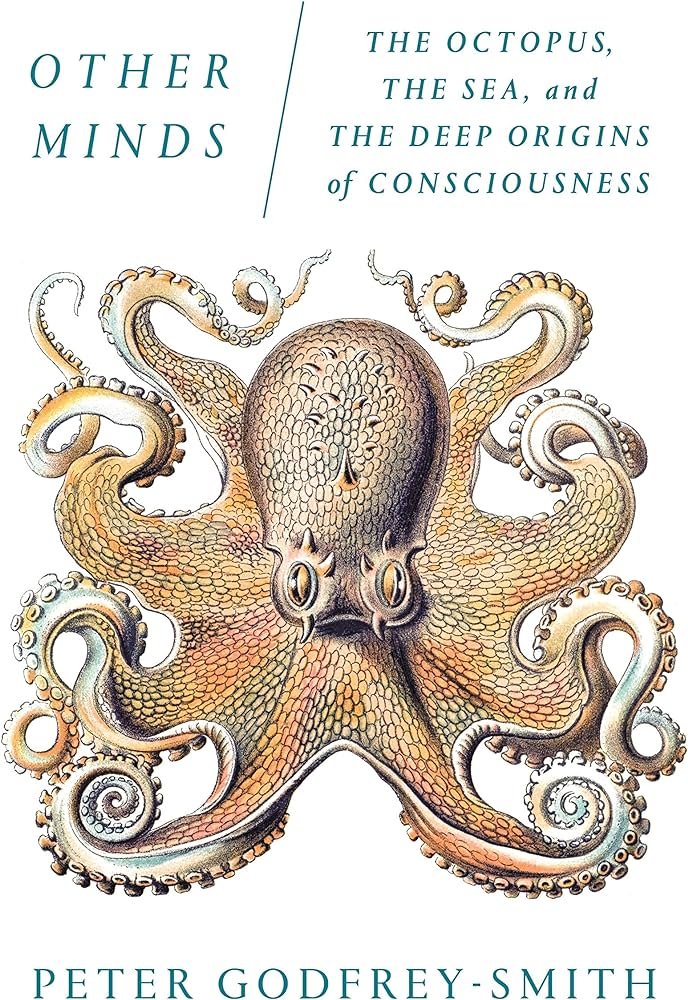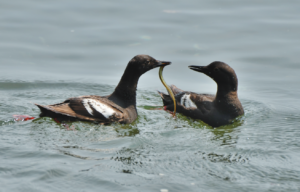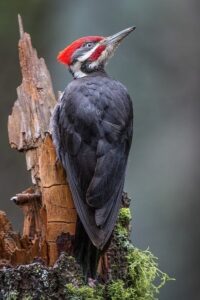Armchair Birding: Other Minds: The Octopus, The Sea, and The Deep Origins of Consciousness, by Peter Godfrey-Smith
~ Anne Kilgannon
The calling, singing, chattering, and chirping of the birds around me is fascinating! What are they saying… what are they thinking about that leads to so much commentary? Some appear to be spieling a quiet monologue on the quality of the pickings in my garden, while others are announcing fresh suet in the feeder for the taking. There are youngsters begging noisily for breakfast while parent birds wear themselves out getting the new generation off the couch. In back of all the conversations is intent—communication—thought. Not entirely different from our own muttering, cooing, and chatting. “Bird brains,” though sometimes considered a pejorative, are real enough and closer to our own endowment than some other evolutionary lines of development. That shared behavior may be one of the sources of our bond of curiosity about birds. Peter Godfrey-Smith invites us to consider a more distant relative with a similar curiosity, the biological group known as Cephalopods, which includes octopuses and cuttlefish.
He explains: “Cephalopods are an island of mental complexity in the sea of invertebrate animals. Because our most recent common ancestor was so simple and lies so far back, cephalopods are an independent experiment in the evolution of large brains and complex behavior. If we can make contact with cephalopods as sentient beings, it is not because of a shared history, not because of kinship, but because evolution built minds twice over. This is probably the closest we will come to meeting an intelligent alien.”
His book, Other Minds, delves into such matters as: What constitutes thinking? What kind of mind is sentient? How do animals, other than ourselves, perceive situations, plan, pass on experience? How many ways are there to communicate, to send and receive information? But most of all, Godfrey-Smith encourages us to think more deeply—as deeply as the ocean—about how evolution works, what compromises arose as different beings chose one path over another, and how many parallel systems exist that enable the functions of survival of the individual and the species. Each being, octopus, human, bird, or otherwise, is a model of the possible, a solution for how to live and carry on. He walks us through question after question, knowing this is new ground for most readers. He stretches our mind-muscles, taking us in hand from what we thought we knew to broader, higher, more complex discussions about what it means to be alive as an octopus, as a human. I felt I learned something new and fascinating on every page.
Godfrey-Smith touches on bird biology and life-ways throughout his book as the more-familiar and then launches into a comparison with Cephalopods. As birders we are drawn into this new underwater world with nest analogies and other behaviors we thought we knew, but now find ourselves stimulated to explore on an even deeper level. There are so many pathways to understanding nature; this exploration of amazing and intelligent beings we are only beginning to know throws new light on all living miracles of evolution and survival. All life is precious, indeed.








